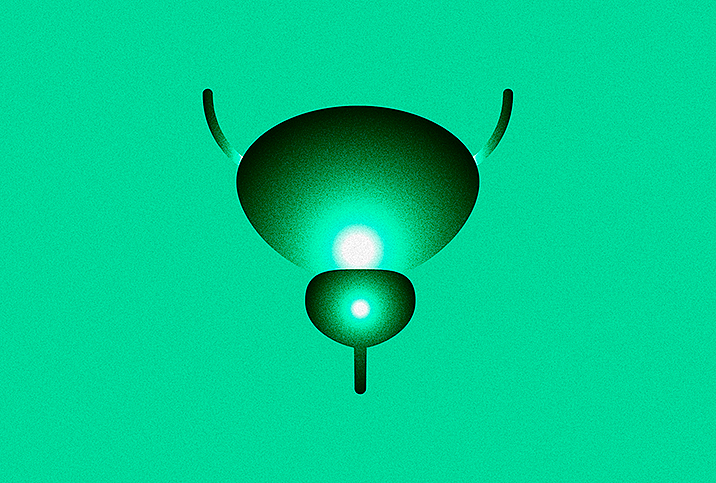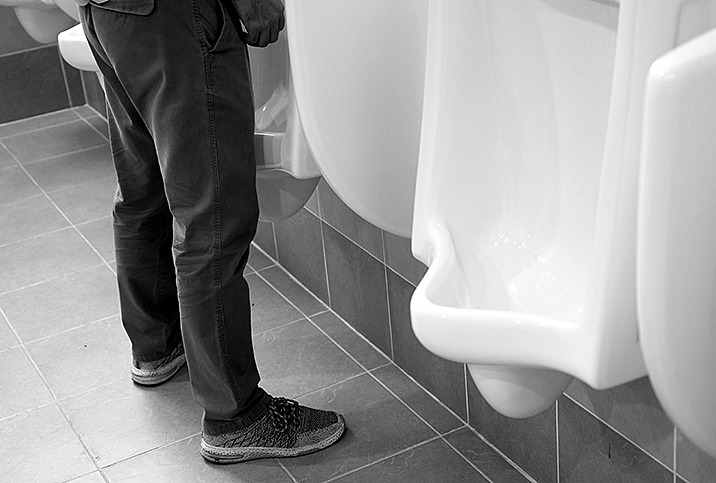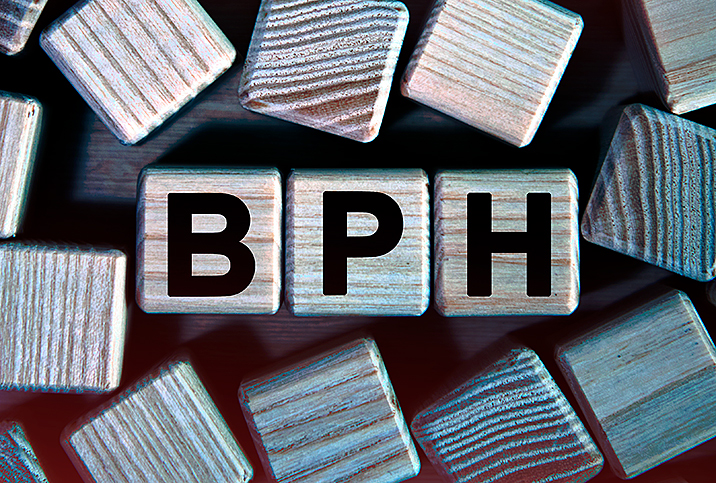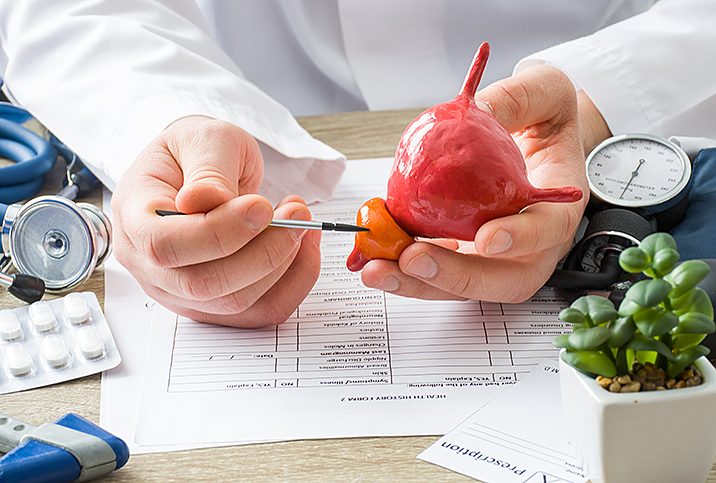Want Benign Prostatic Hyperplasia to Get Serious? Leave it Untreated

Prostate gland enlargement, or benign prostatic hyperplasia (BPH), is a condition that often occurs in men as they get older. The prostate gland has two major growth spurts, during puberty and again during a man's 30s, and continues to grow throughout a man's life. BPH affects an estimated 70 percent of U.S. men in their 60s and 80 percent of men older than 70, according to the American Urological Association.
While BPH is a benign condition, when left untreated it can lead to uncomfortable urinary symptoms and complications in the bladder, urinary tract and kidneys.
Some men are unaffected by BPH. But it's important to seek treatment if the condition arises and begins to cause symptoms, so you can improve your quality of life and avoid other health problems.
How BPH can affect the body
To better understand how BPH can affect your overall health, it's helpful to learn about the prostate, the walnut-sized gland located below the bladder and above the rectum. The prostate is responsible for producing the seminal fluid that nourishes and transports sperm. When the prostate becomes enlarged, it can block the flow of urine from the bladder and out of the urethra, which runs through the center of the prostate.
It's important to recognize the warning signs of BPH so you know when you should seek treatment. The most common symptoms include:
- Urinary urgency and frequency
- Difficulty initiating urination
- Frequent urination during the night (nocturia)
- Incontinence
- Urinary retention
One major complication of BPH that requires immediate treatment is urinary retention, or the complete inability to urinate. If you're unable to urinate, your doctor will likely insert a catheter into your bladder to drain the urine. In severe cases, surgery may be necessary to relieve the issue.
Urinary retention caused by BPH can lead to several complications, including:
- Urinary tract infections (UTIs). When the bladder is unable to be fully emptied, the risk of a urinary tract infection increases significantly. Untreated urinary retention can cause frequent and painful UTIs as well as general discomfort due to the added pressure in the bladder. In some cases, part of the prostate may need to be removed to prevent future UTIs and bladder issues.
- Bladder problems. Bladder stones may form as a result of urinary retention. These stones can lead to infection, bloody urine, worsened urination difficulties and bladder irritation. Over time, untreated urinary retention can also damage the bladder as the organ stretches and weakens, causing chronic urination problems.
- Kidney damage. When the bladder can't be emptied, it puts pressure on the kidneys, which can cause permanent damage.
How to avoid BPH complications
You can't stop your prostate from naturally growing as you age, but you can use certain strategies to keep it healthy and lower your risk of BPH.
Some experts believe that limiting alcohol, caffeine and overly acidic or spicy foods can help promote a healthy prostate and bladder. Incorporating foods rich with nutrients such as zinc, omega-3 fatty acids, vitamin C, lycopene, soybean isoflavones and antioxidants may help prevent or slow the progression of BPH, as well. These foods include avocados, tomatoes, pumpkin seeds, leafy greens, bell peppers, salmon and more.
Being overweight puts you more at risk of developing BPH, so maintaining a balanced diet and regular exercise can also help you keep your prostate healthy.
Researchers don't yet know why the prostate enlarges, though many think it could be due to the way sex hormones change as men age, according to the Mayo Clinic. Fortunately, BPH can be treated with medication, minimally invasive procedures or surgery. If you're experiencing BPH symptoms, talk to your doctor to find the treatment that's right for you so you can live more comfortably and protect your long-term health, as well.


















